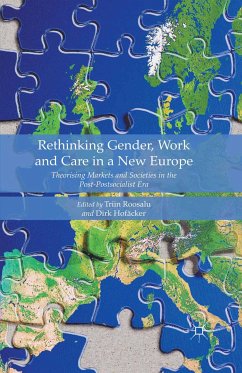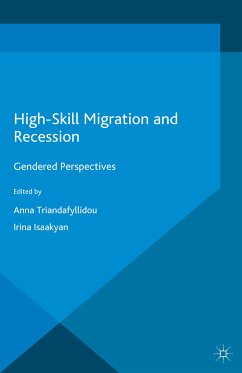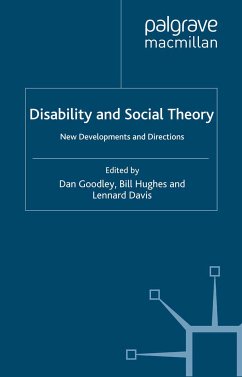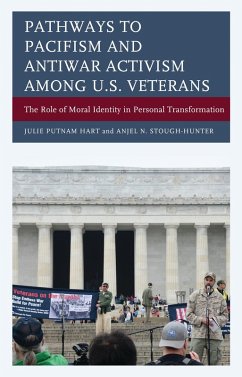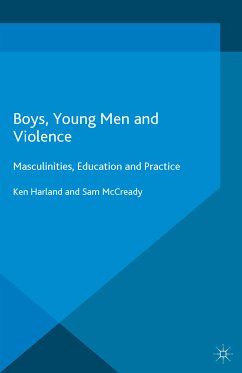
Boys, Young Men and Violence (eBook, PDF)
Masculinities, Education and Practice
Versandkostenfrei!
Sofort per Download lieferbar
40,95 €
inkl. MwSt.
Weitere Ausgaben:

PAYBACK Punkte
20 °P sammeln!
This book draws upon data collected over an 18 year period with over 1000 boys and young men across Northern Ireland. Providing critical reflections on violence, masculinity and education, it uses the voices and experiences of young men to inform and influence research, practice and policy.
Dieser Download kann aus rechtlichen Gründen nur mit Rechnungsadresse in A, B, BG, CY, CZ, D, DK, EW, E, FIN, F, GR, HR, H, IRL, I, LT, L, LR, M, NL, PL, P, R, S, SLO, SK ausgeliefert werden.



